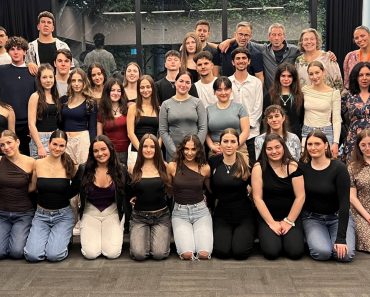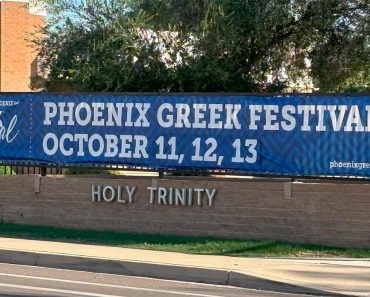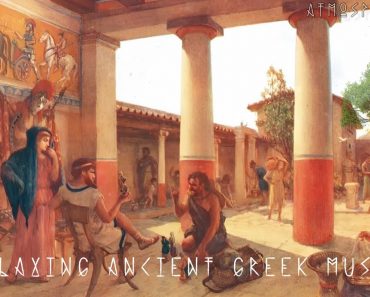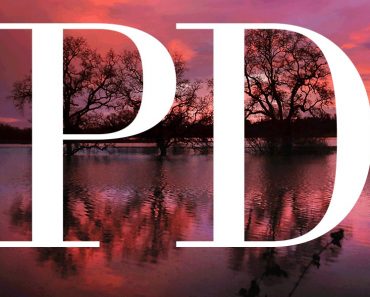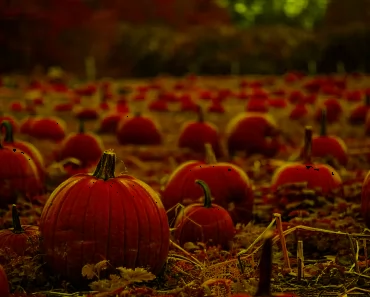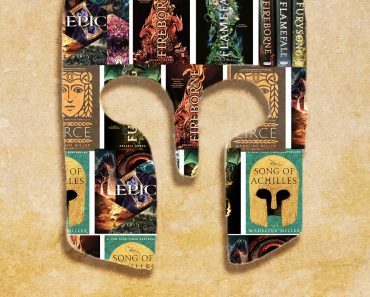Almost three decades ago, the Greek Orthodox Community of NSW had the vision to bring to films from Greece and by Greeks from the diaspora to Australia. The annual Greek Film Festival, has featured classics such as from Zorba the Greek, to Aliki Vougiouklaki, from What If to Alex Lykos’ local Alex and Eve.
The Festival is known for its celebration of cinema and cinephiles, and includes music, festive and Q&As with directors and actors. In 2015 I had the pleasure of showcasing Lesvos: fall in Love, a documentary, in tandem with the Mytilenean Brotherhood of Sydney featuring island. Tyropites by my mum Maria were a major feature, especially ouzo from the Mytileneans and punters in the traditional costume and Tassos bouzouki adding some sounds as two cinema sessions sold out – a first for an Australian documentary.

These events, allows filmmakers at an emerging level a window into a mainstream and niche film going audiences. My filmmaking partner, Because of the festival, Basil Genimahaliotis and I were able to see our film screen on TV, cable and further cinema offerings on the back of being part of the film festival.
Support from Nia Karteris, chair of the Greek Film Festival, staff and committee, is appreciated by filmmakers, thousands of movie goers attend the festival and the advertising footprint reaches thousands, generating an awareness in our films.

This year’s festival has a number of leading documentary films from Australia and Greece such as the excellent Ange & the Boss: Puskas in Australia; Puskas is the 20th century Ronaldo, and Broken Sound about Greek society’s evolution and cultural identity. The heartbreaking Last Prayer from WWII is presented with the Cretan Association of Sydney and MARY, MARIANNA, MARIA is set mostly across the 1940s war periods.

Historian and friend, Jim Claven, is the associate producer for Anzac the Greek Chapter. Claven has written on the Anzacs in the Greek campaign as well as overseeing the film project.
“I hope that all who see the film will be moved by the personal testimonies of the veterans. War is a terrible thing, bringing destruction and death. The testimonies reflect that and more.

“More in the sense that they reveal the great respect these veterans – and remember they are all civilian volunteers not regular army – for the ordinary people of Greece. In this, the film stands as testimony to this connection between Greeks and Australians and honours this legacy of what was a very important part of Greek and Australian history.”
The Greek Film Festival has allowed a new audience to see this important documentary for Australian and Greeks – it has sold out across Australia .

On Wednesday October 23, I will sit amongst friends, Greeks and Italians to see our latest film w Magna Graecia: the Greko of Calabria – part of a trilogy of the Greek history of Southern Italy and my twentieth documentary. We, the Greeks Diaspora, need to understand that the Greko language and culture in Calabria is hanging on due to the brilliant work of the elderly and young Greko who make an effort to learn their language – they are heroes and, in a sense, ancient Greek statues that come to life. We must support them. Be it a visit, helping their language courses, providing sponsorships or jobs. We can sit here and watch a film and get a Molon Labe tattoo and reminisce about Greek history or we can support living Greek history in Calabria.

Just like the Lesvos movie, Magna Graecia now has two sessions with the 7 pm session now on sale. By attending you will learn about the Greko and you can ask me questions about them. I have been there four times and this showcases the people, towns, culture and music. You are also supporting the Greek Film Festival’s two weeks of culture and movie magic, and ensure that even young people have an opportunity via the student film festival and competition. The short films by the students are a great watch, and as a judge a real highlight of my year.

The Greko film starts and ends with young people too, pausing on the subtitles in this part of the film, so that the audience can simply listen to young people speak Greko.
I have rejected offers from TV and elsewhere to show the films, thanks to the support of a range of sponsors I am only interested in the audience learning about Greko and visiting Calabria.

Calabria is home, as is Lesvos. Lesvos produces ouzo, and the film festival it is sponsored by Metaxa who deserve praise. I am an islander who must drink ouzo, but on Wednesday, I will raise a glass to Metaxa and to all the Greko who keep the language relevant.
Magna Graecia: Greko of Calabria, second session on sale now for 7 pm 23 October in Little Italy, Palace Cinemas
The Greek Film Festival runs until 27 October
Anzac film Donations https://www.trybooking.com/au/donate/anzacthegreekchapter goes to Lemnos-Gallipoli Commemorative Committee of Melbourne


